
Getting caught short, having to get up in the night to pee or avoiding long car journeys. An overactive bladder can have a huge impact on your life and leave you feeling isolated. But did you know that what you eat can make a big difference to your bladder health?
And, for example, if you drink even more than one cup of coffee a day it could be making things worse?
Bladder-care brand Jude is here to help with the best advice on the foods that can tame an overactive bladder and help give you back your freedom.
More than five million people in the UK have an Overactive Bladder (OAB) - and it's not down to age alone.
A variety of medical reasons can cause the bladder muscle to contract involuntarily, which creates that urgent sensation of needing to go to the toilet.
Lucy Jones, consultant dietitian and Jude Brand Advocate, has the best advice on what to eat to improve your bladder health. Jones says: "Not many people think about the role that their diet and nutrition has in their bladder and pelvic health, but it can make a big difference.”
Jude’s formula is so effective that in one clinical trial, 9.2 out of 10 participants said taking Jude’s formula had improved their quality of life – 66% reported fewer daily leaks and 70% fewer night-time bathroom visits.
Tried and approved by over 20,000 individuals in the UK, Jude’s Bladder Strength Supplements were created in collaboration with urogynaecologists and the esteemed professor Leena Pradhan-Nabzdyk, PhD, MBA, from Harvard Medical School.
“The good thing is that the diet that's right for your bladder health is also the one that's best for your heart and your overall length and happiness in life,” she says.
She suggests a Mediterranean-style diet is your friend, making sure that you include protein, fruits, vegetables, nuts, seeds and high fibre in your diet, while also getting the balance of good fats right. In particular, adding the following into your diet can really improve your bladder health:
Some studies suggest that cranberries may help prevent urinary tract infections, by preventing bacteria from adhering to the bladder wall. Consider incorporating unsweetened cranberry juice or whole cranberries into your diet.
Fermented foods like yogurt, kefir, and sauerkraut contain beneficial bacteria that can support gut health, potentially reducing the risk of urinary tract infections.
Whole grains, fruits, and vegetables high in fibre can help regulate bowel movements, reducing the risk of constipation, which can impact bladder health. An overly full bowel, caused by constipation, can also increase pressure on the pelvic floor and bladder.
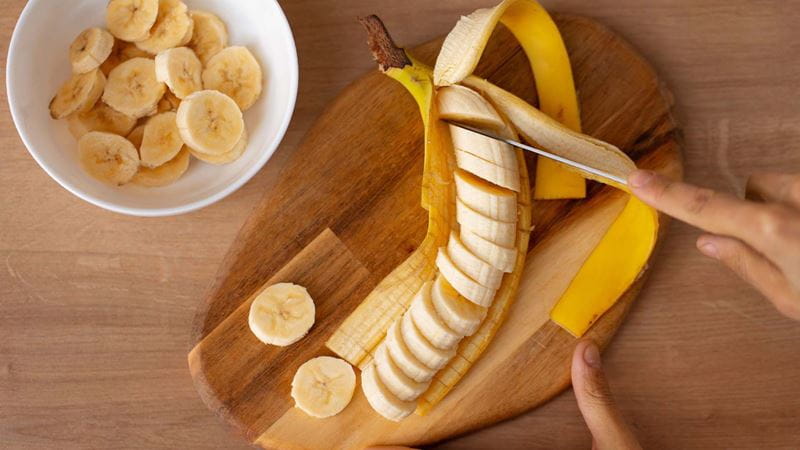
These are a good source of potassium, which can help regulate fluid balance in the body and support overall kidney function. They're also a good source of fibre. Try adding them on top of your wholegrain cereal or to smoothies.
Blueberries, strawberries, and raspberries are rich in antioxidants and can provide additional support to urinary tract health.
Incorporate lean proteins like chicken, turkey and tofu into your diet. Fish is also a great source of protein and the oily kinds, such as salmon, tuna, sardines and mackerel, also deliver healthy omega-3 fats and vitamin D. Some studies have shown a lack of vitamin D can increase the risk of an overactive bladder and urinary incontinence.
Staying well-hydrated is crucial for overall bladder health. Aim to drink plenty of water throughout the day to help flush out toxins and prevent urinary tract infections (UTIs).
Jones says it's all about drinking enough to prevent dehydration but also crucially, drinking at the right time of day to prevent having to empty the bladder during the night.
"It's important to make sure that we're having the right amount of fluids spread evenly through the day and tailing off towards the end of the day," she says.
"We also don't want to restrict our fluids and end up dehydrated - and that's because very concentrated urine can actually irritate the bladder lining."
The amount of water you need each day can be different for everyone and is influenced by various factors, such as your age, lifestyle, body size, and climate. The Eatwell Guide recommends that people should aim to drink six to eight cups or glasses of fluid a day. Water, lower-fat milk and sugar-free drinks, including tea and coffee, all count towards this.
Jones says that these tiny seeds are tiny treats for your bladder. "Pumpkin seeds are packed full of essential nutrients, things like potassium, magnesium and zinc and they're also really high in antioxidants," she says.
"Pumpkin seeds have been a traditional herbal remedy for many, many years when it comes to bladder and urinary symptoms. And now there's increasing scientific research backing up their effectiveness."
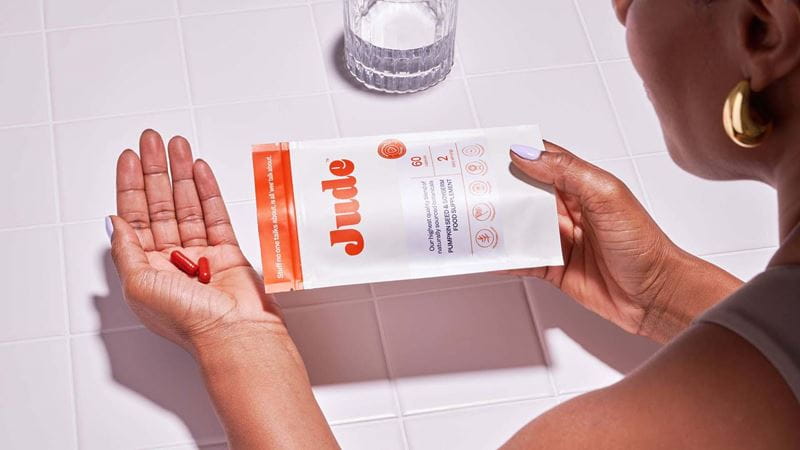
Caffeine can be irritating to the bladder and may exacerbate bladder-related issues. Try to limit intake of coffee, tea, chocolate, and caffeinated fizzy drinks. A study found that nearly 50 per cent of people over 60 who drink more than a cup of coffee each day (300mg) suffer from overactive bladder symptoms. This percentage was significantly higher when compared to people who consume less caffeine.
Spicy foods, particularly those containing chili peppers, can irritate the bladder and worsen symptoms for anyone with bladder conditions.
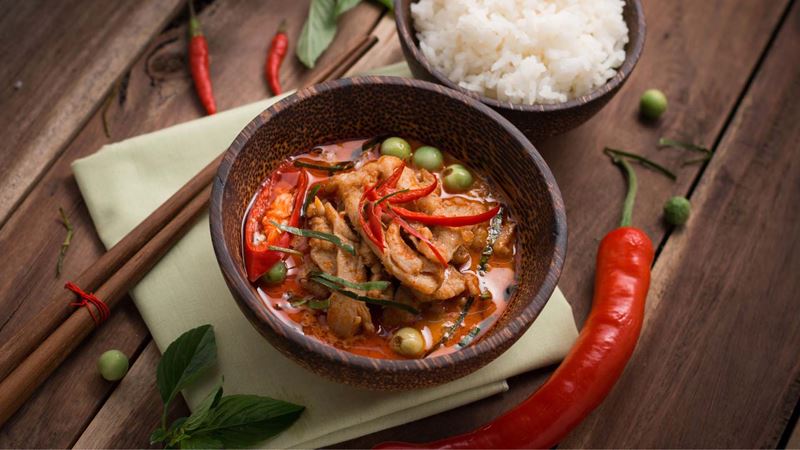
Citrus fruits and their juices are acidic and can irritate the bladder, while tomatoes, pineapple, oranges and onions can increase urine acidity, which also irritates the bladder lining. If you're sensitive, it's worth steering clear of these.
Alcohol is not a friend of an overactive bladder. It can potentially irritate the lining of your bladder, leading to inflammation and heightened sensitivity in your urinary tract, ultimately resulting in a sense of urgency. Certain alcoholic beverages also can be more acidic, which can further contribute to bladder irritation.
Additionally, alcohol has the potential to dehydrate you and make your urine more concentrated, which in turn can irritate the lining of your bladder.
Processed foods often contain additives and preservatives that may not be beneficial for bladder health. Aim for whole, unprocessed foods whenever possible.
Not sure which foods might irritate your bladder? Since everyone reacts differently to various foods, Jones recommends keeping a food and symptom diary. "You can start to piece together if there's certain things that you eat regularly and the impact on your symptoms," she says.
Remember, everyone's responses to foods can vary, and it's essential to pay attention to your body's signals. If you have specific concerns about bladder health or existing medical conditions, contact your doctor for advice.
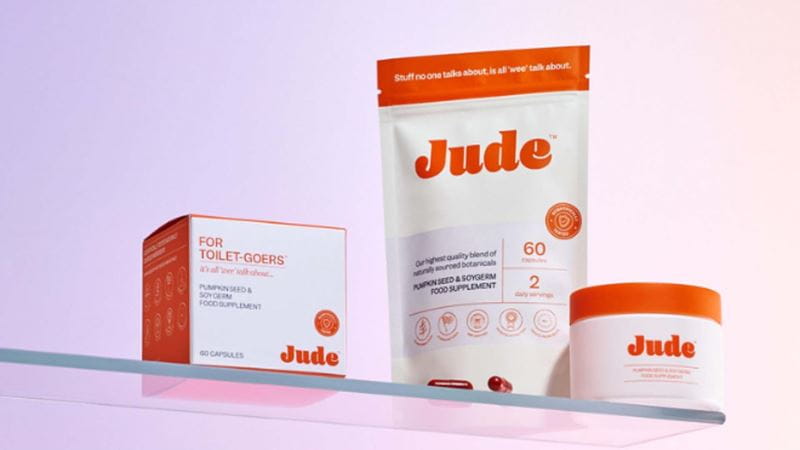
Saga exclusive offer
Plus, if you purchase a 12-week-supply, you can also claim a free gift of pads and liners. For optimal results, it is recommended to take the supplements for a minimum of 12 weeks. Purchasing a 12-week supply is a cost-effective approach to achieve this. Use code SAGA20 at checkout for the 20% discount or click here to buy direct from the Jude website - 20% will automatically be deducted when you go to pay.
Rosanna Spence has been a journalist for 10 years, reporting on a huge array of topics – from microwaves to cocktails, sustainable buildings, the Caribbean islands and beyond. She’s interviewed chefs at the helm of Michelin-starred restaurants and chatted to countless CEOs about their businesses, as well as created travel guides for experienced travellers seeking life-changing adventures. Throughout her career, she has created content for Business Traveller, i-escape.com, Pub & Bar, BRITA, Dine Out and many more leading titles and brands.
View author page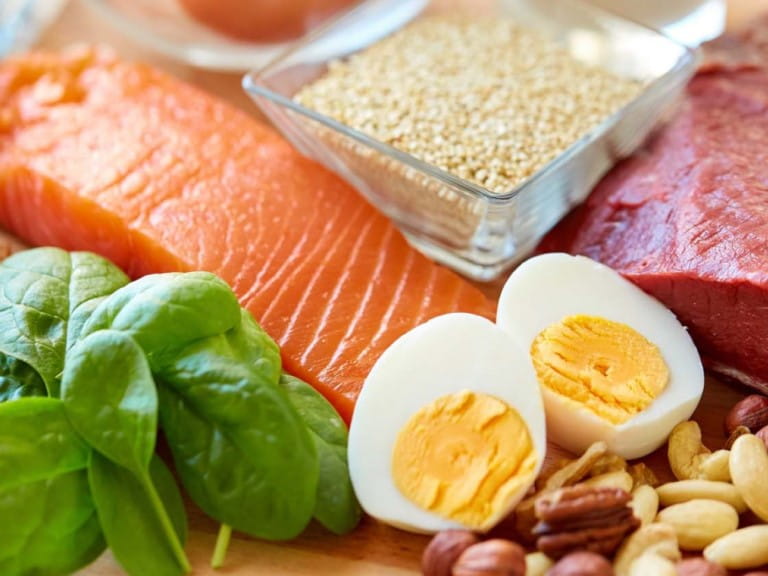
Everything you need to know about protein, from how it benefits your body to the best high-protein foods – and how much you really need.

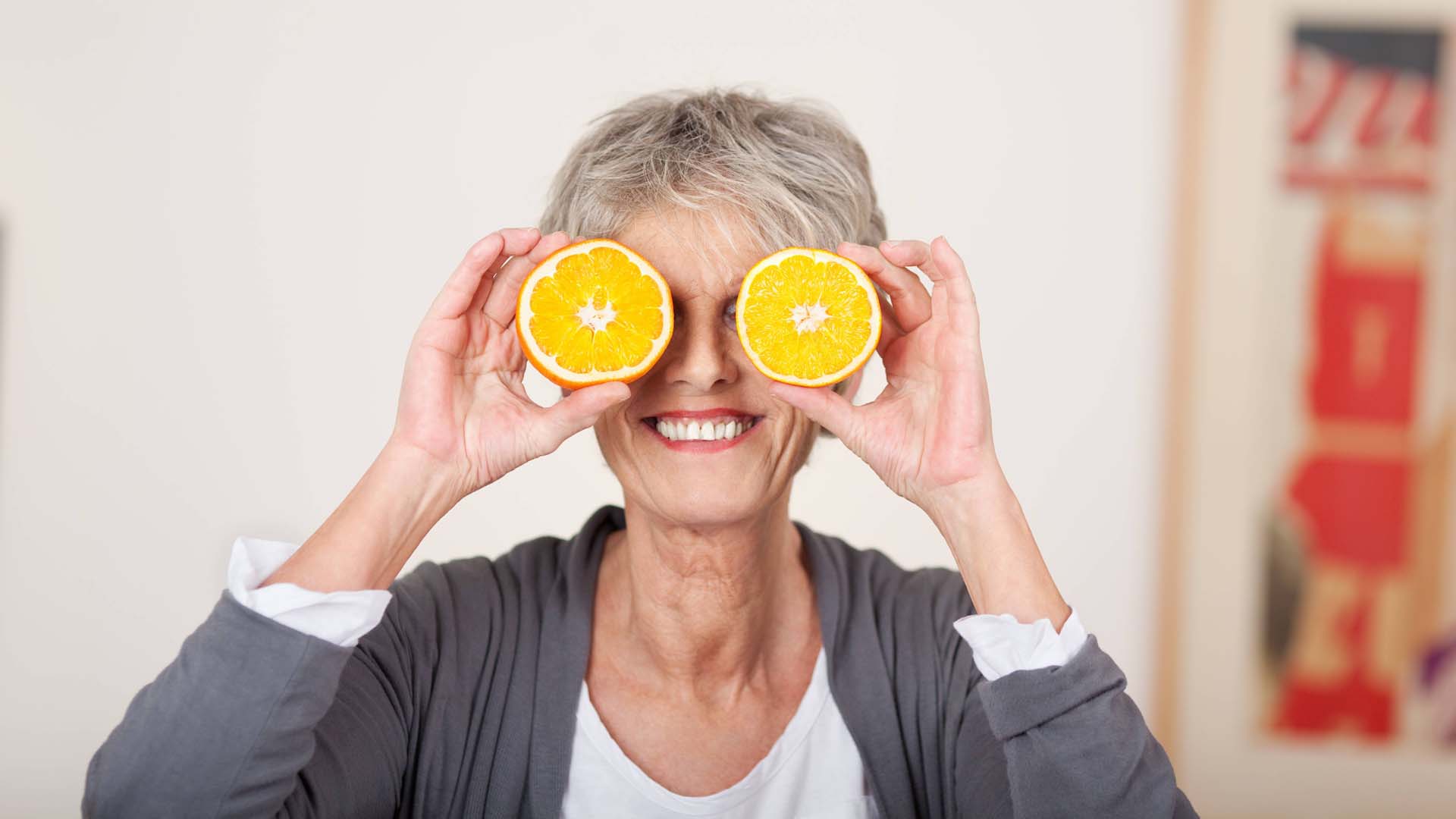
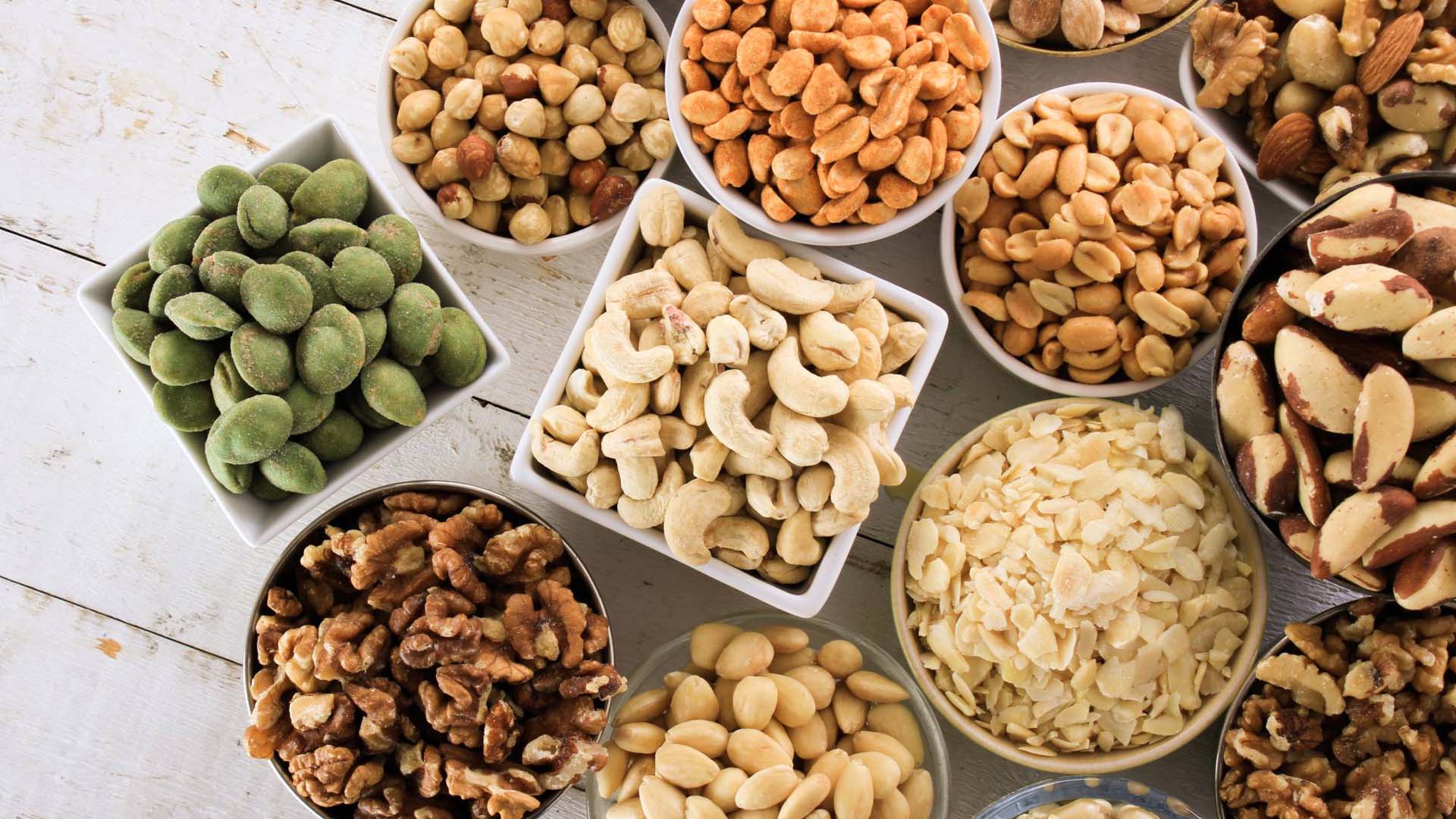
Let’s roast the myths! Not only are nuts less fattening than once feared, research shows they can cut the risk of heart disease too
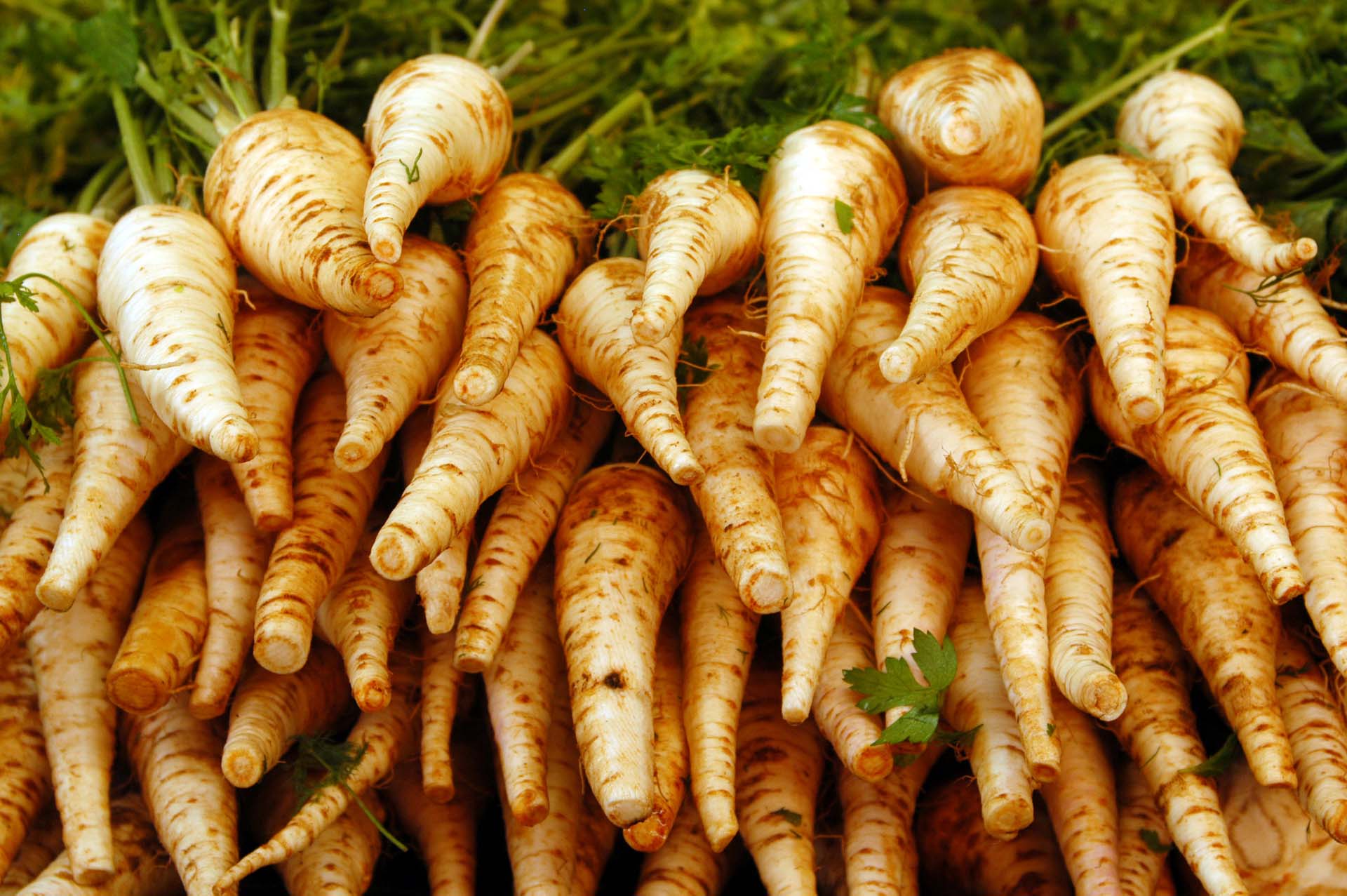
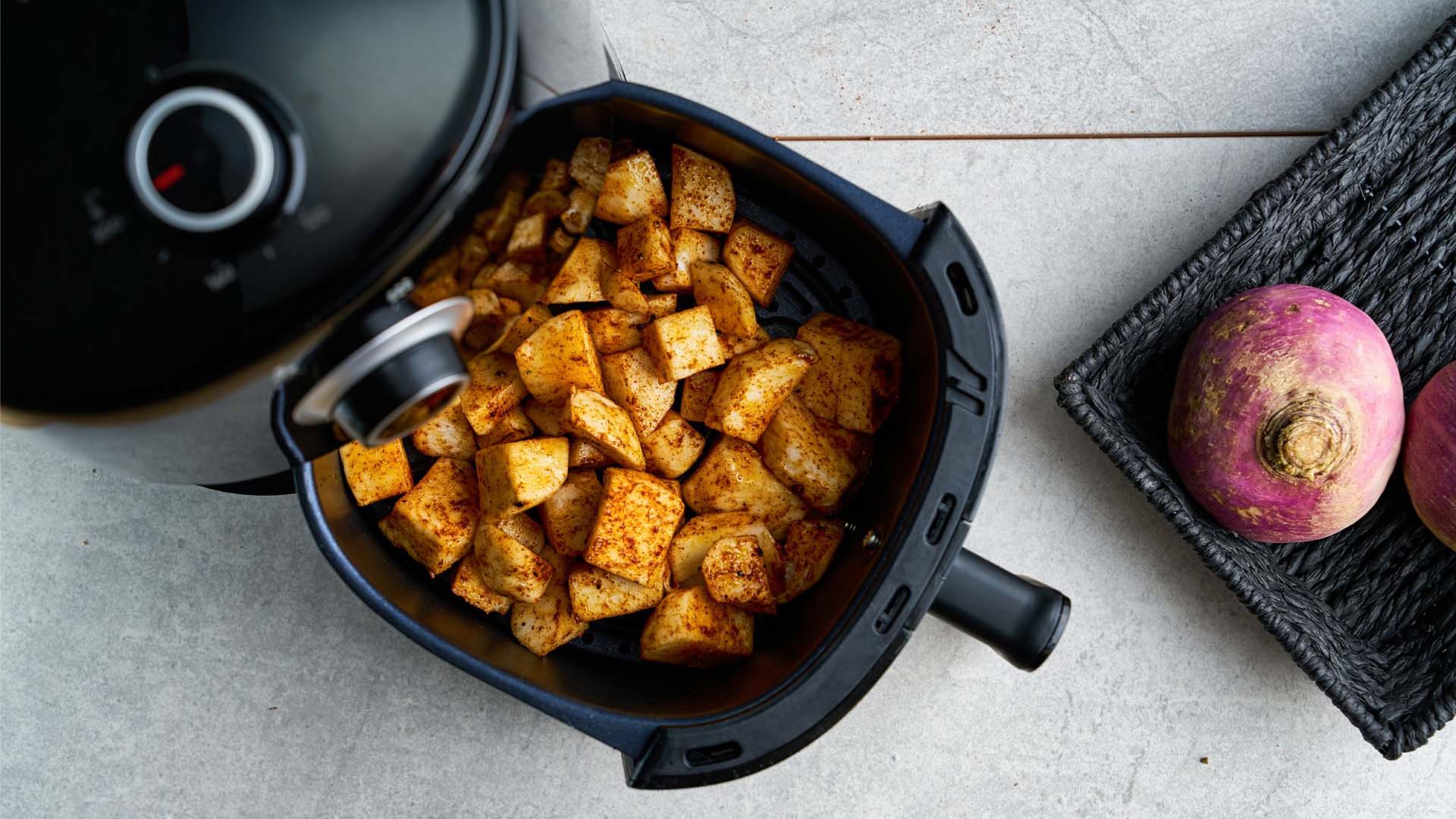
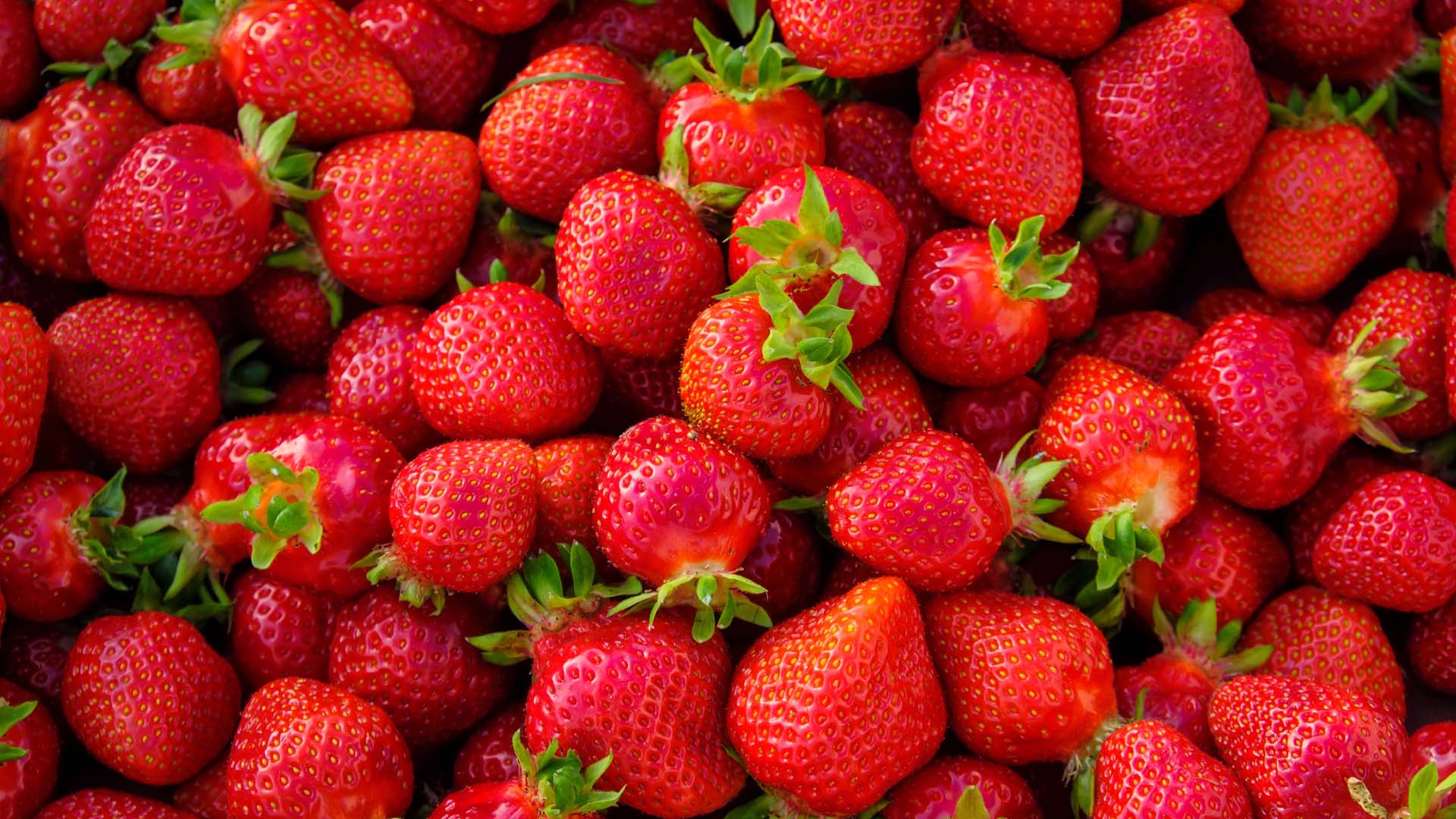
Strawberries don't just taste and look great, they are full of fibre, help your heart health and may even stave off dementia.
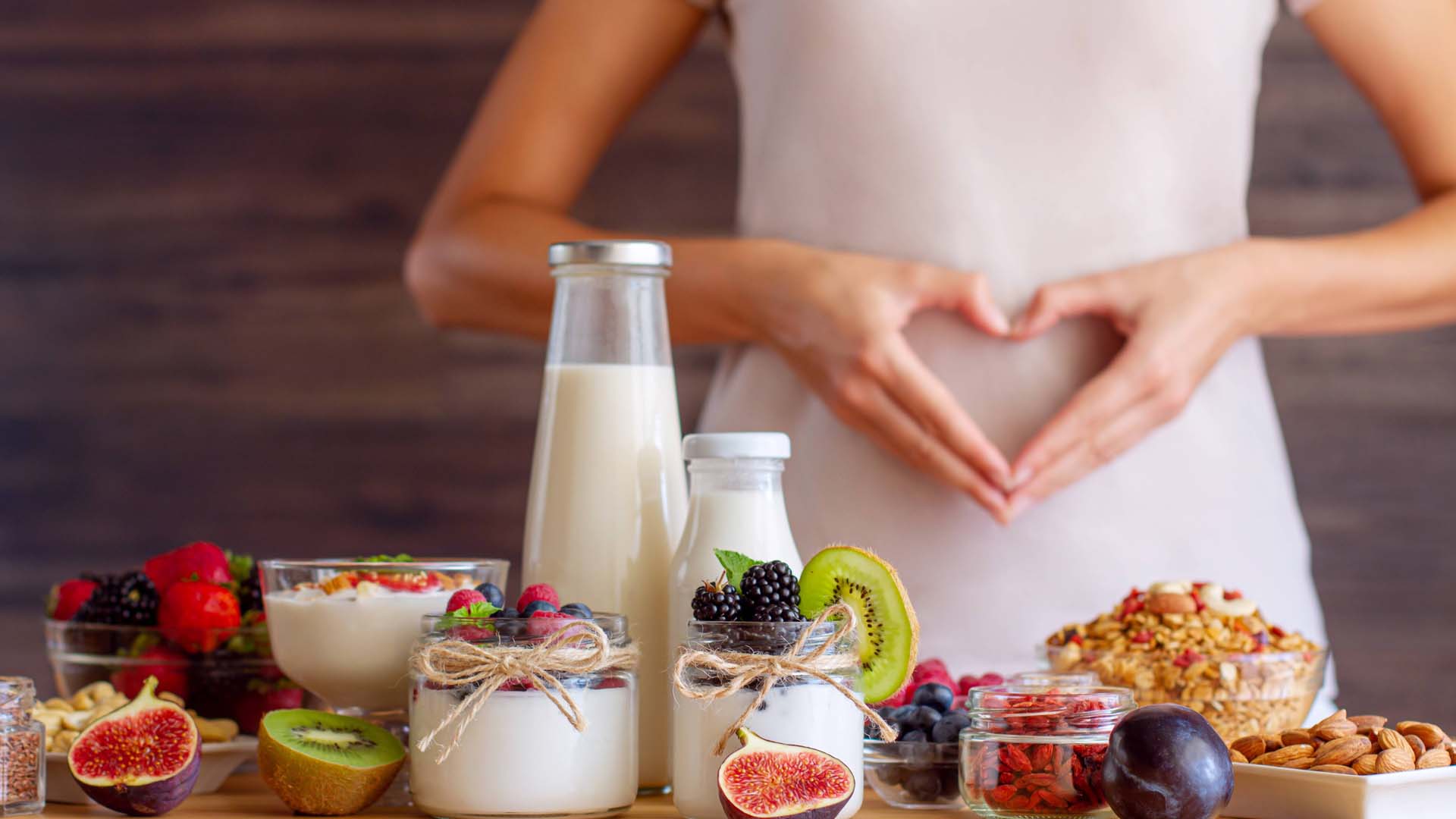
Looking after your gut health could be one of the biggest things that you can do for your overall health. Here are the best foods to keep your gut happy.
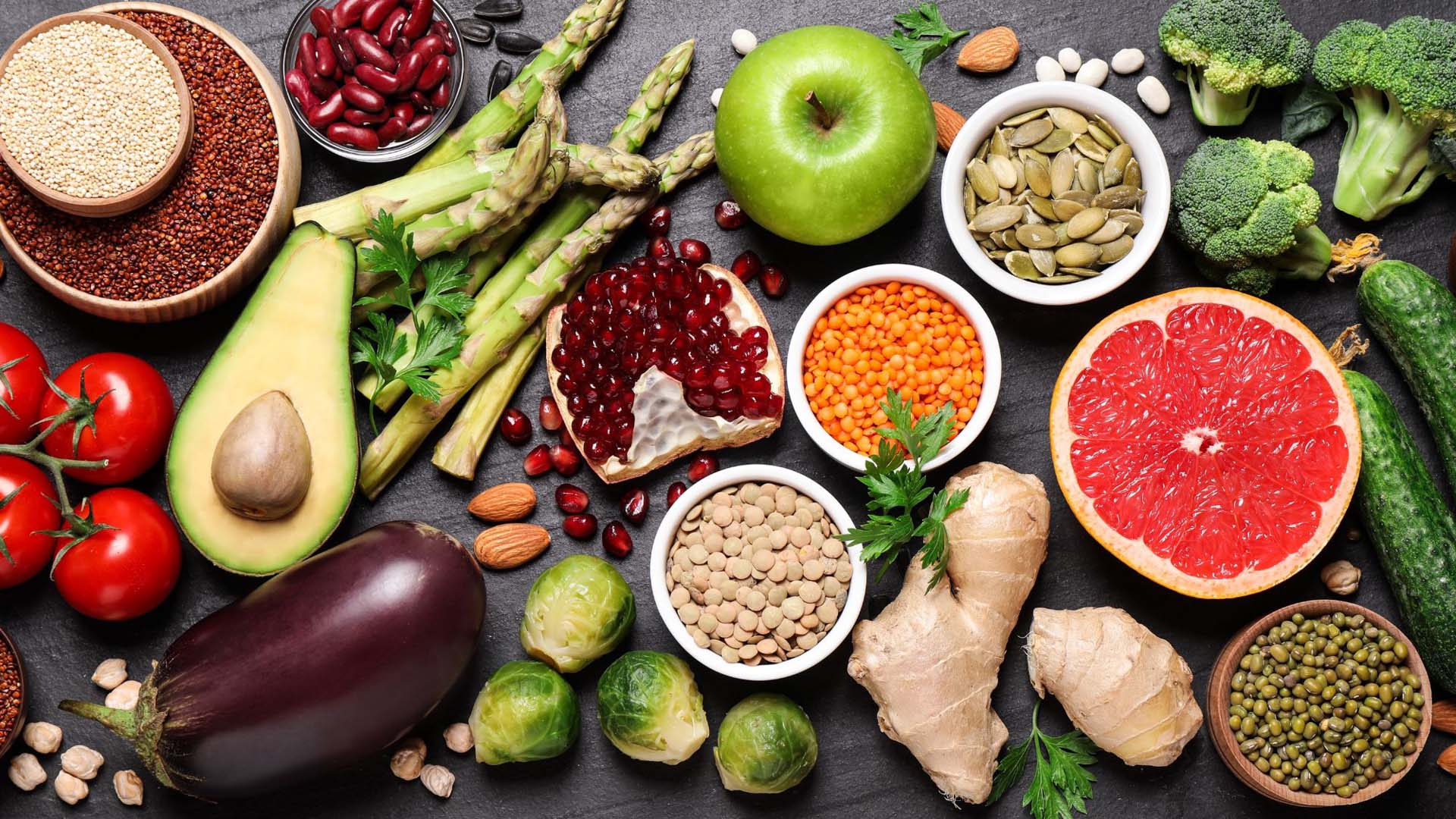
The foods that could help you live longer and protect against chronic illness.